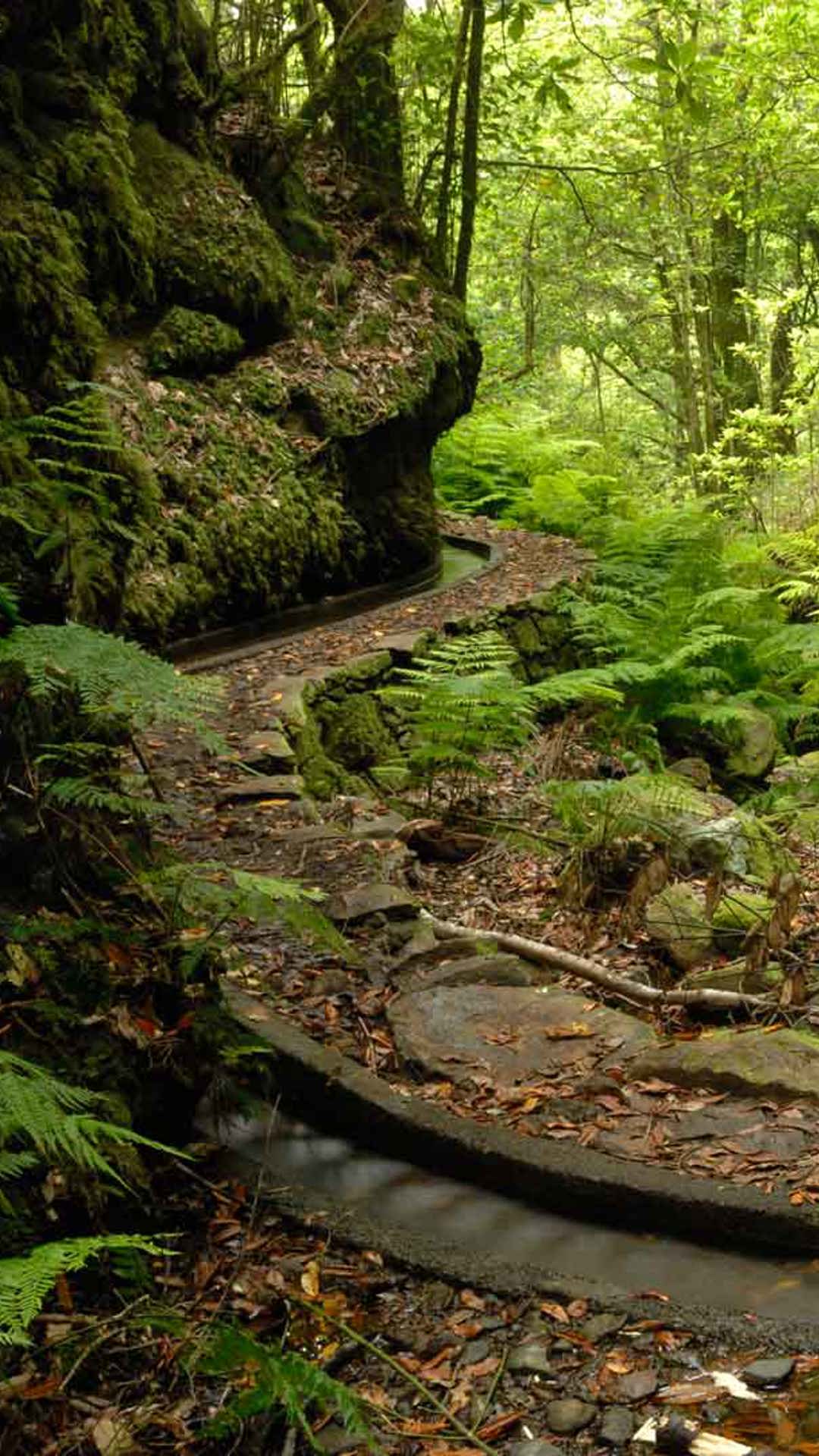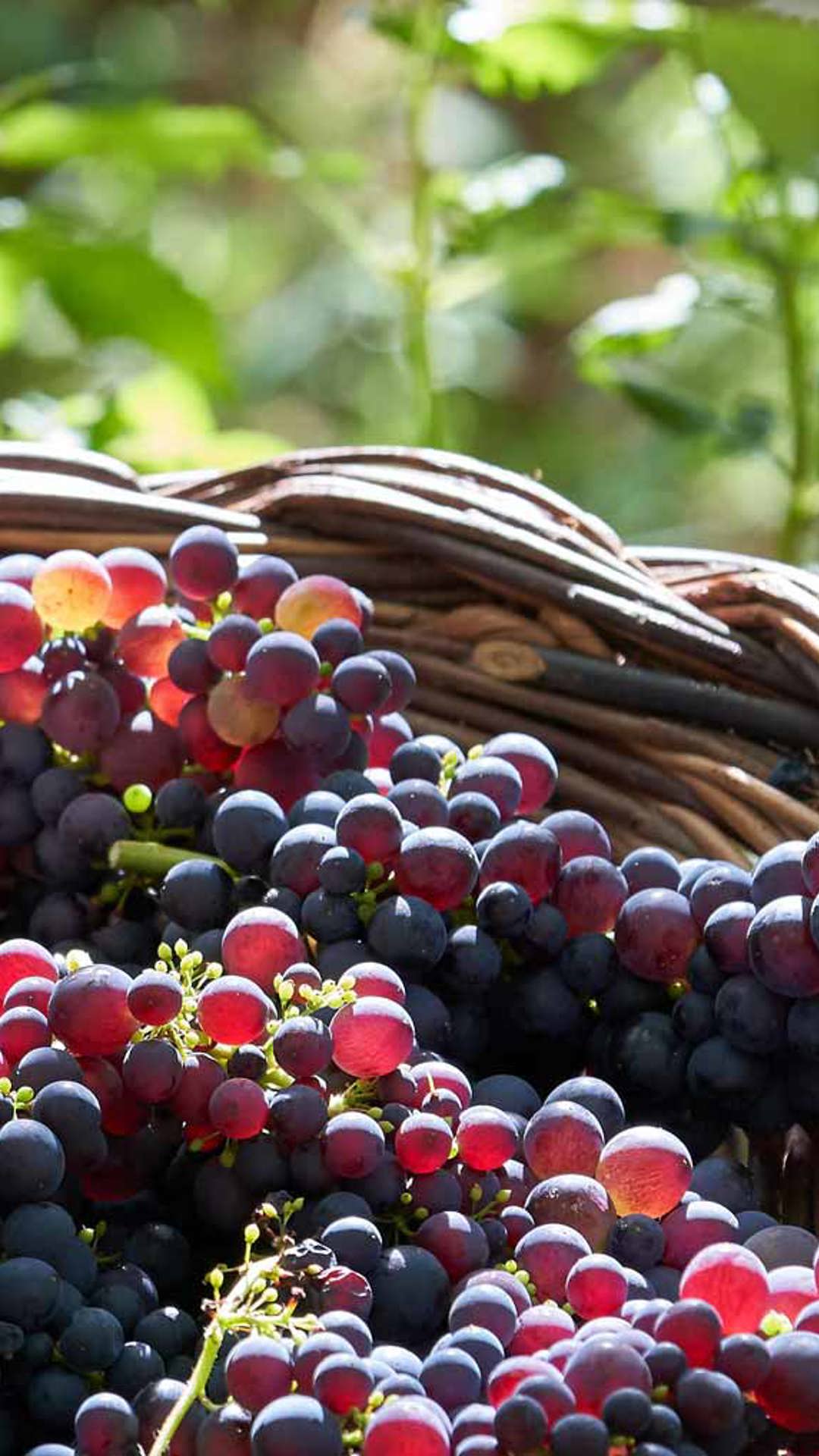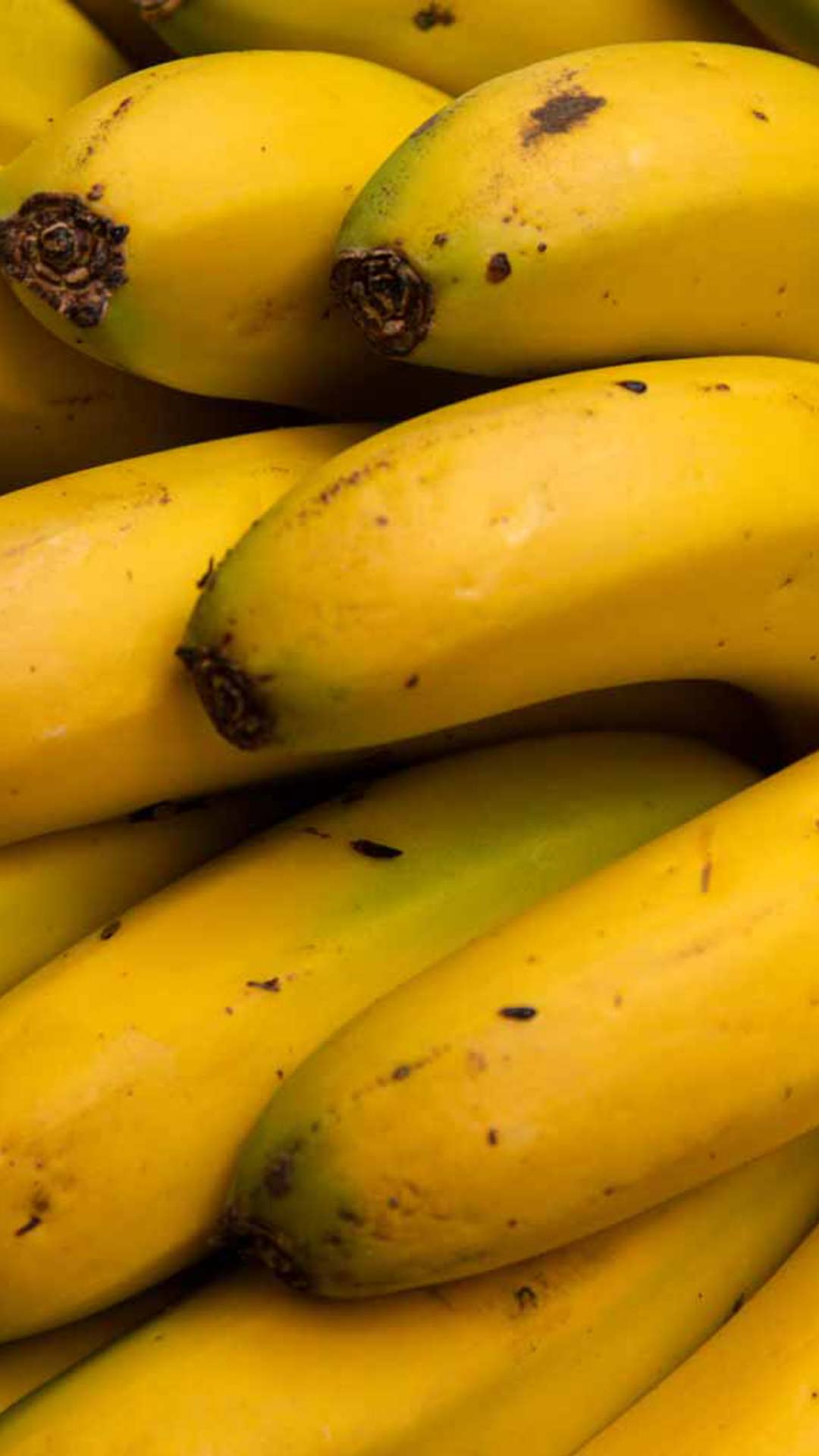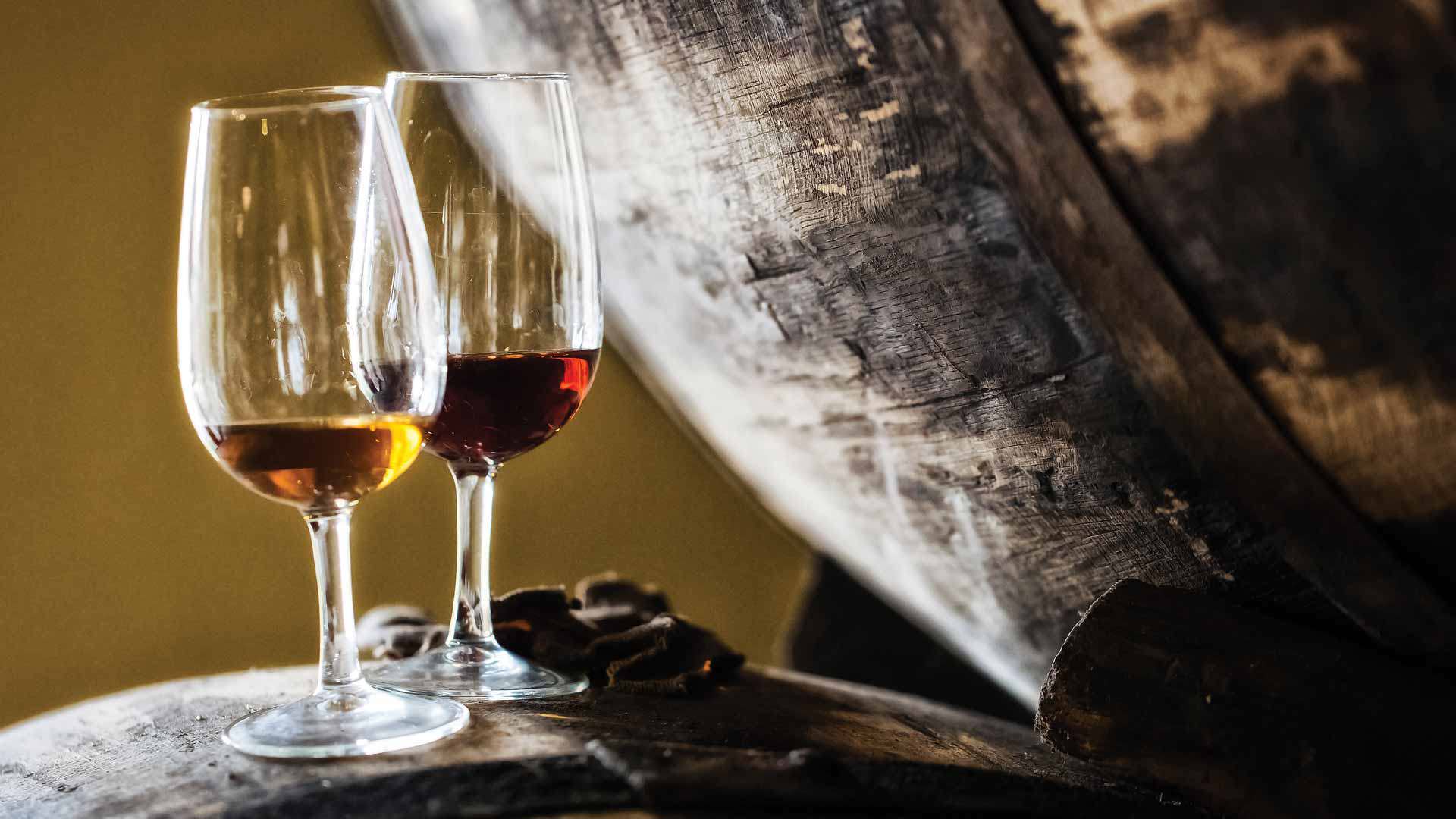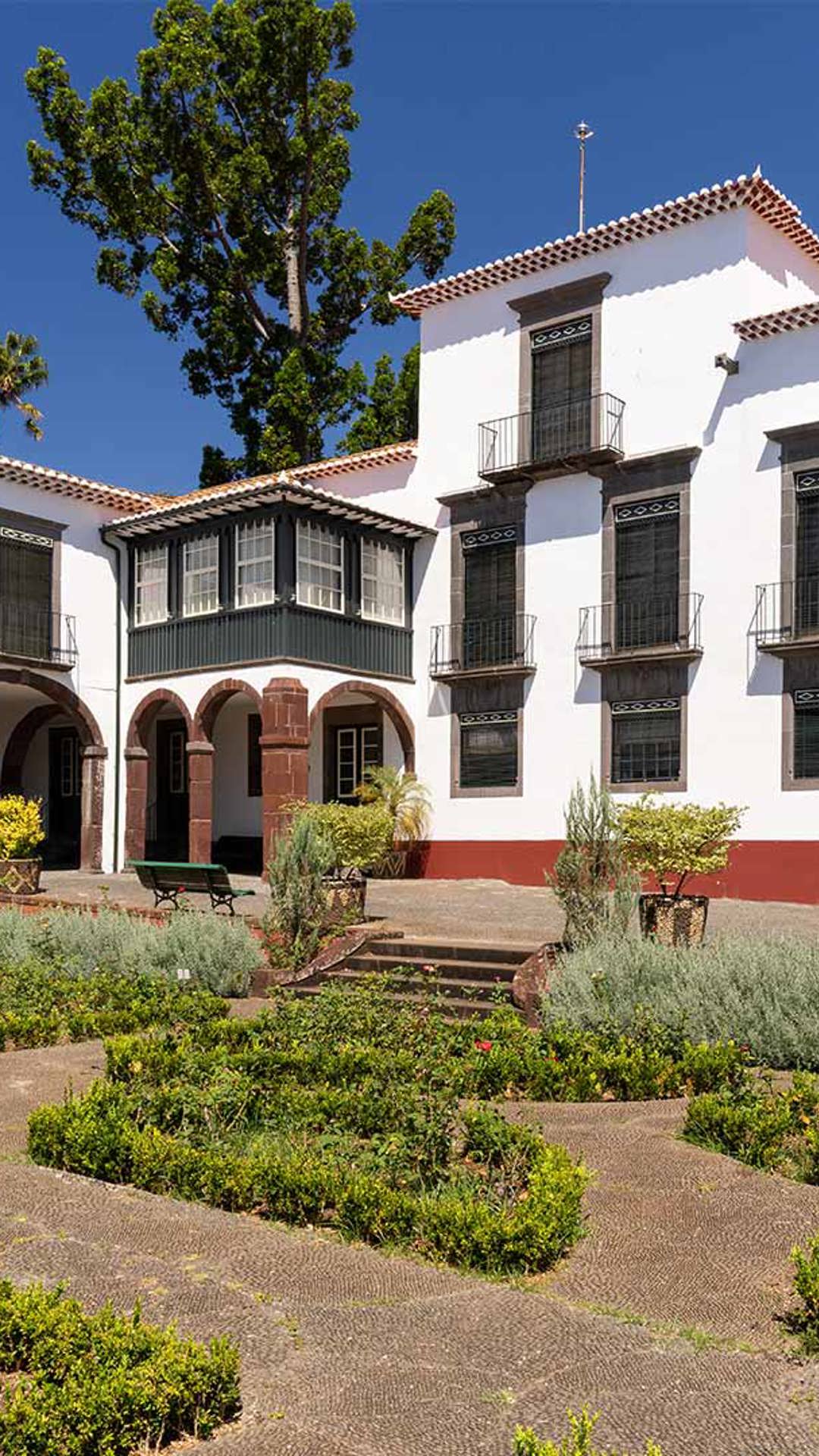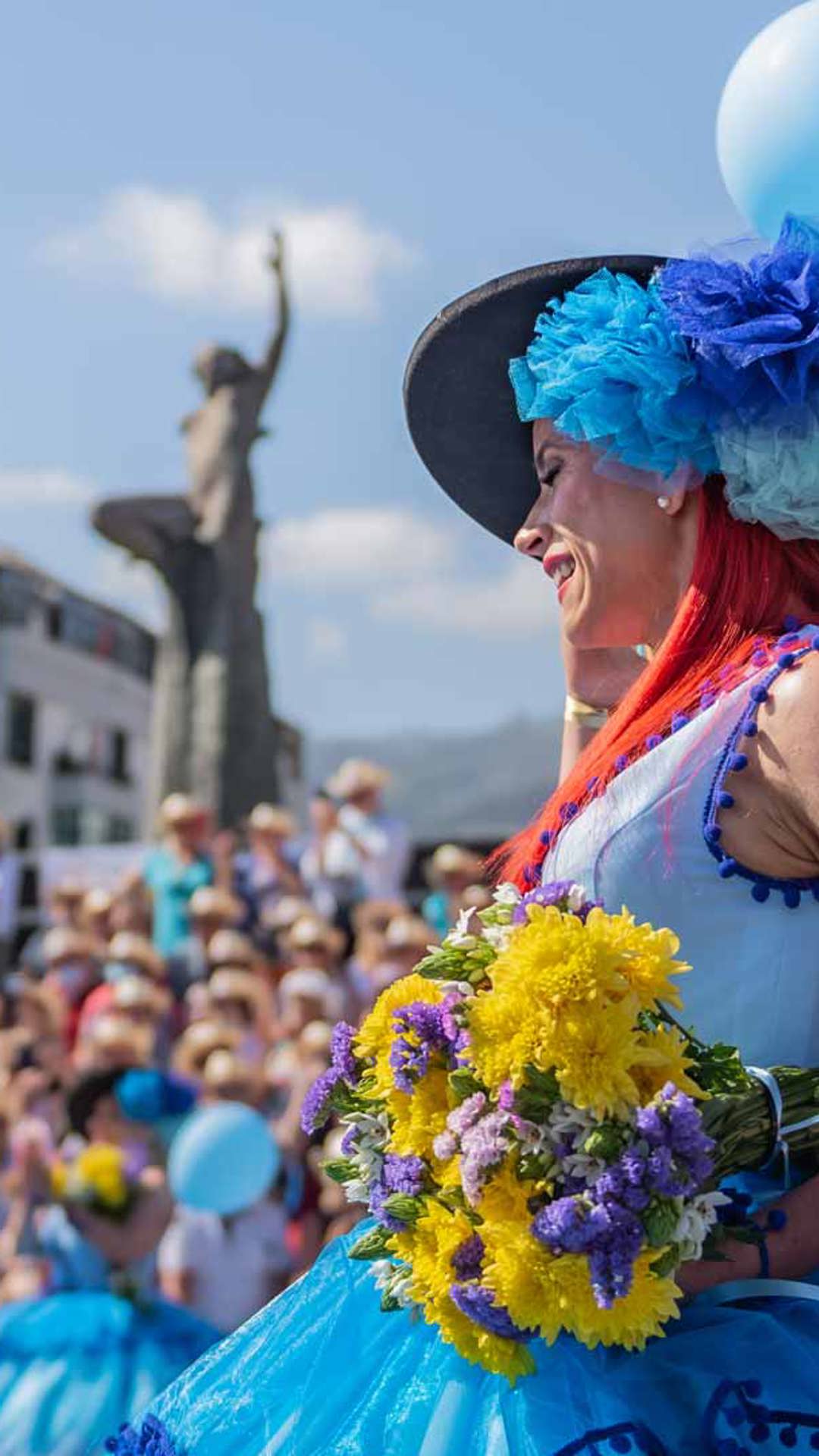History of Madeira
The history of the islands
To know the history of Madeira you have to go back to the year 1418, when the navigators led by João Gonçalves Zarco sighted, after many days adrift on the high seas, a small island that saved them from a fateful destiny. A safe harbour which they named 'Porto Santo'. A year later, in 1419, they reached an island they called 'Madeira', due to the abundance of this raw material.
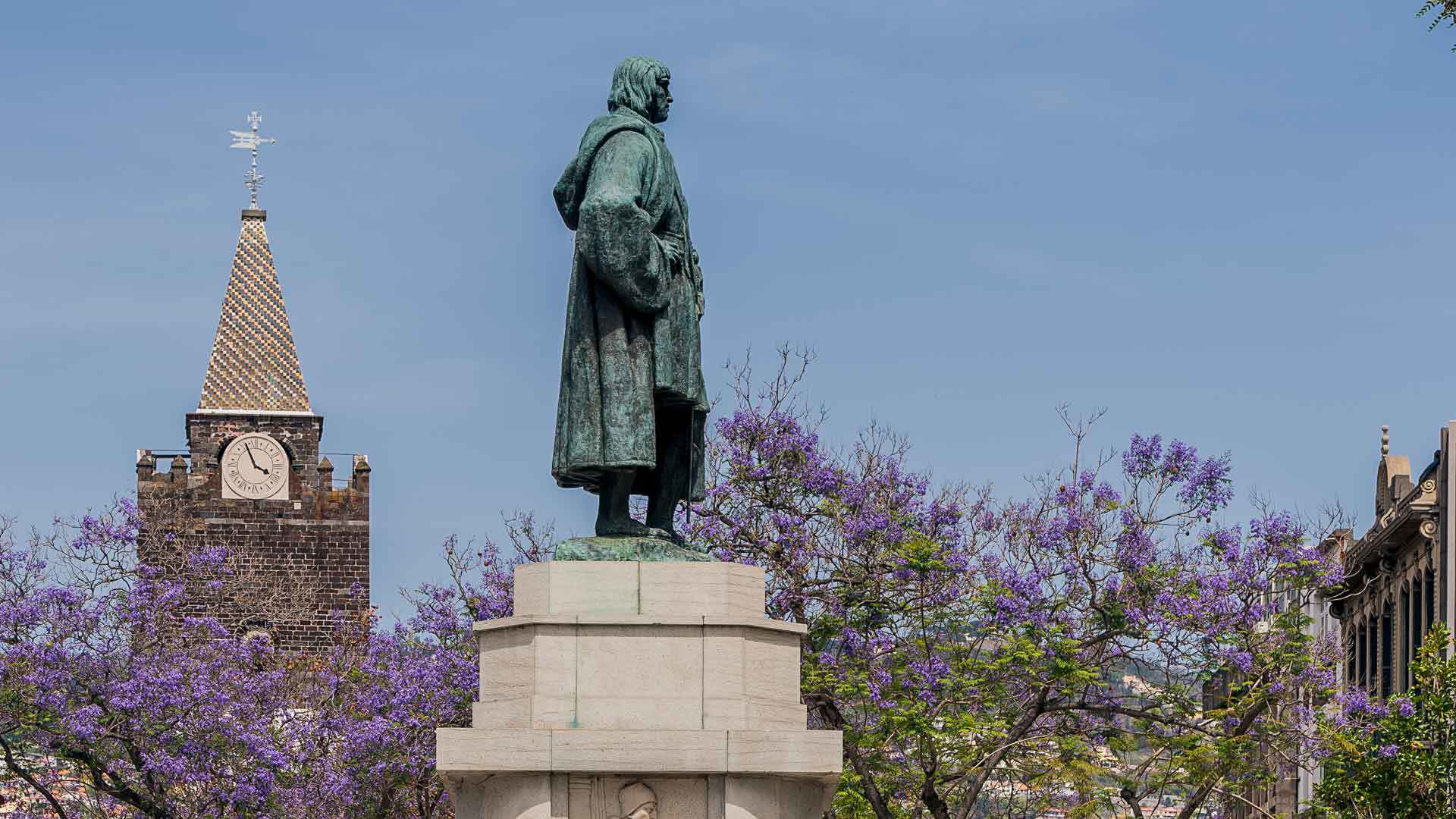
Navigators Tristão Vaz Teixeira, Bartolomeu Perestrelo and João Gonçalves Zarco then became, with their respective families, the first settlers of the archipelago. This colonisation process began in 1425, by order of King D. João I, with people of modest means, some former prisoners of the Kingdom and a group of people from the lower nobility.
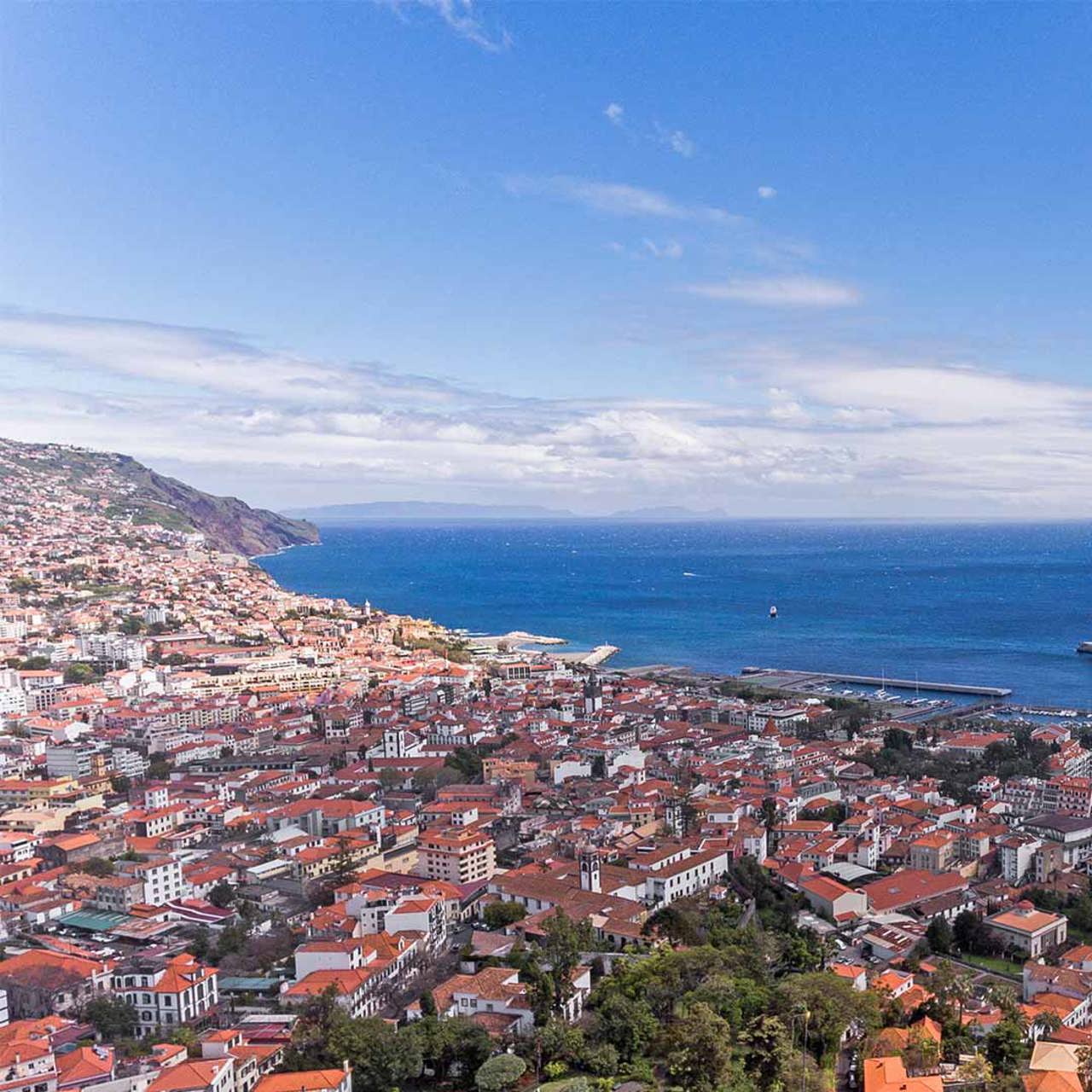
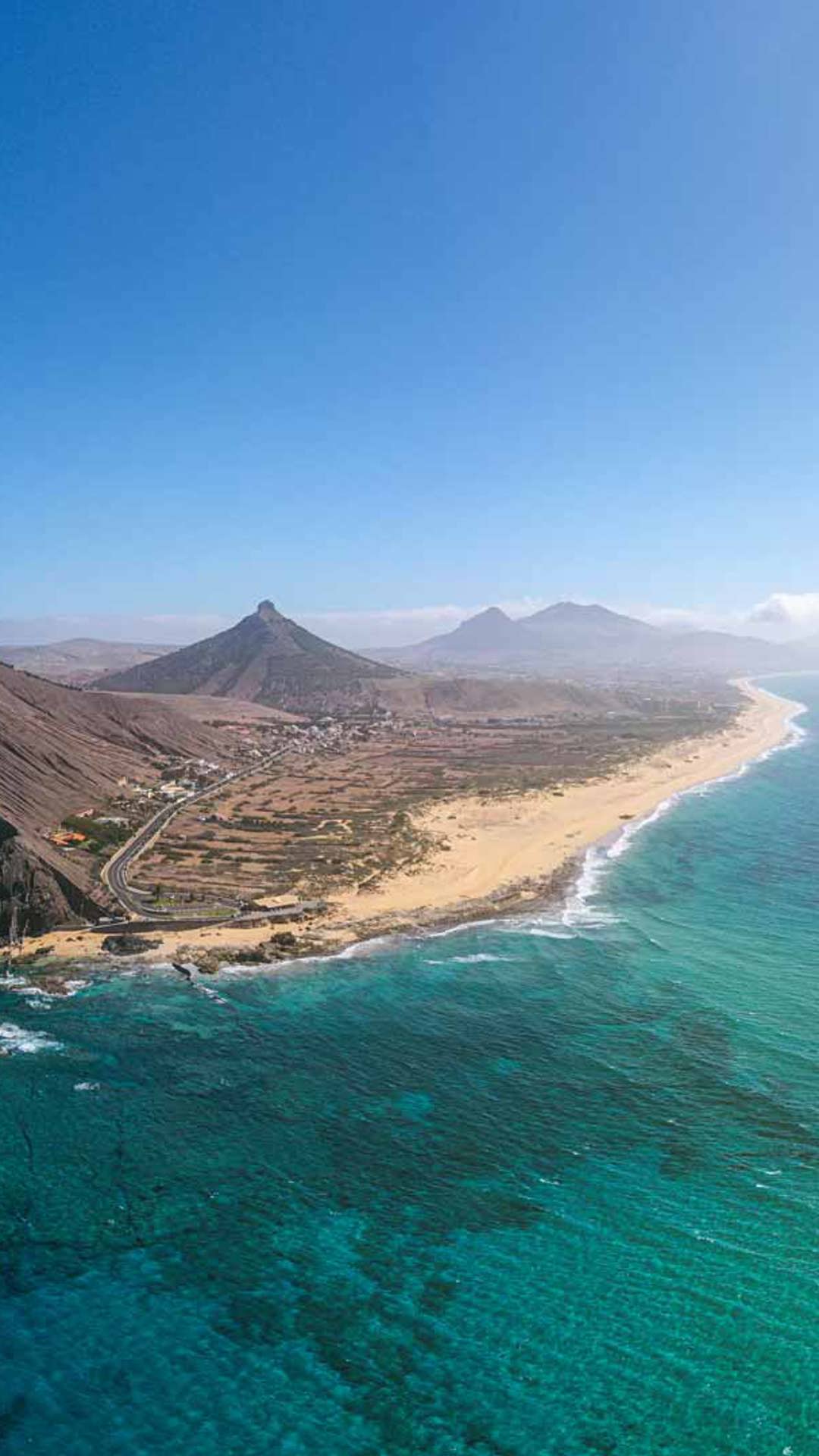
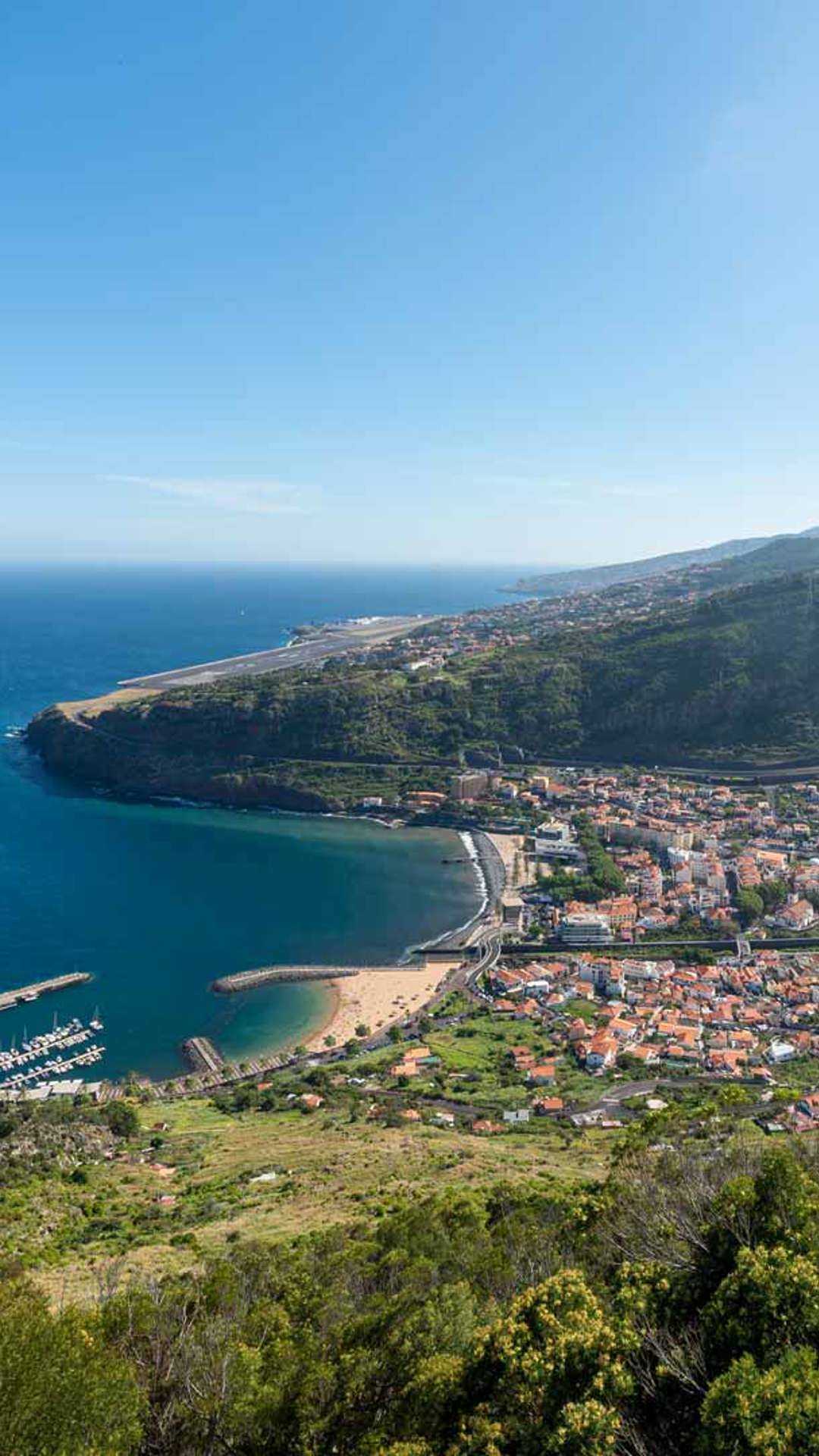
Therefore, during the colonisation process, some crops were introduced that became central to Madeira's history. Such is the case of sugar cane, which quickly brought remarkable economic prosperity to the region. From the 16th century onwards, the archipelago established itself as one of the most famous sugar producers in the world. It should be noted that this product was, at that time, called 'white gold'.
